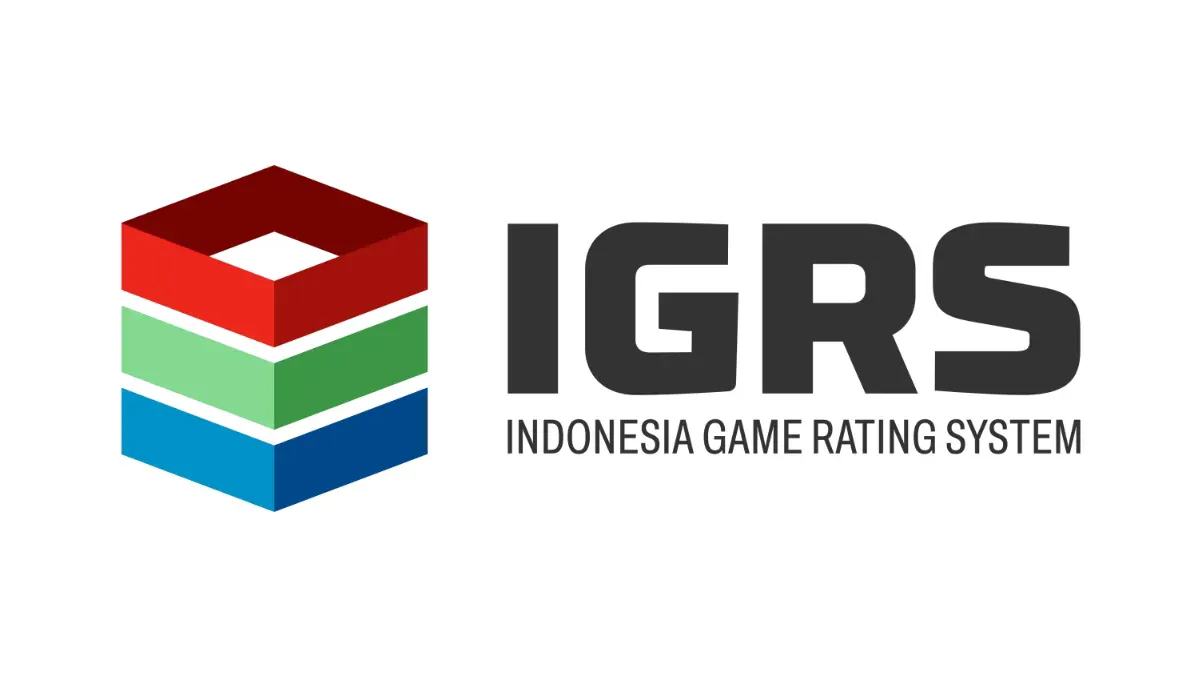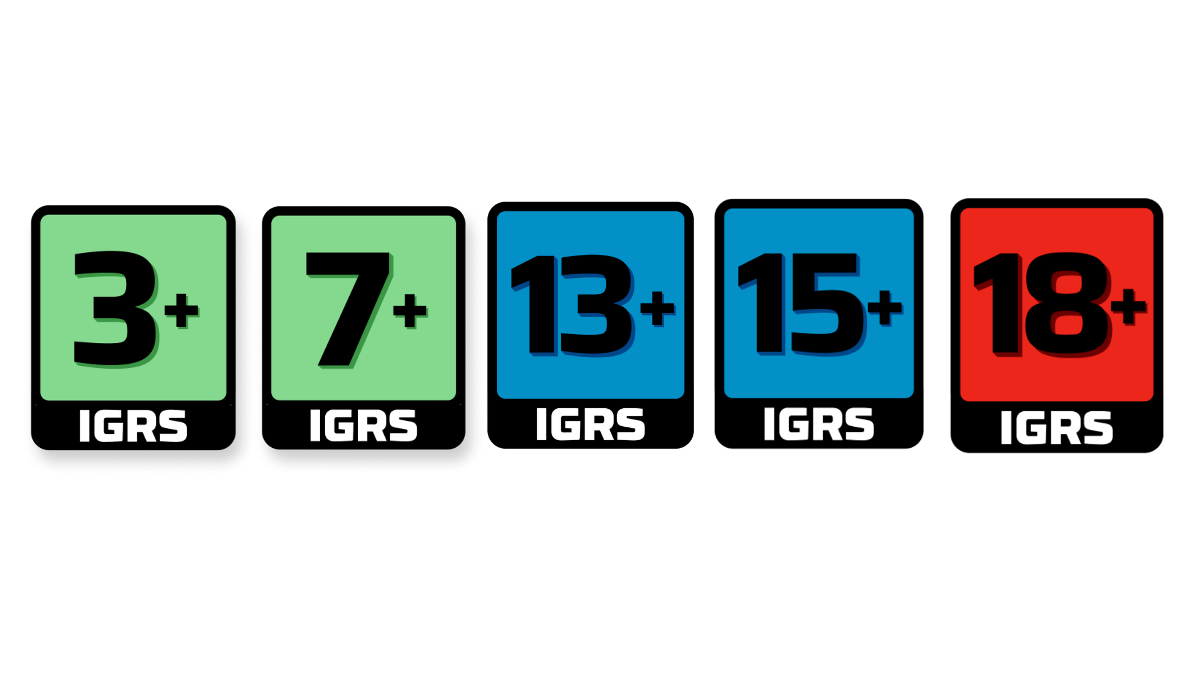Indonesia Game Rating System (IGRS): New Game Rating Rules from KOMDIGI to Protect the Younger Generation
KOMDIGI officially launched the Indonesia Game Rating System (IGRS) to ensure games are appropriate for the player's age. This system is integrated with IARC, assessing gacha transparency, sensitive content, up to bans on nudity and religious insults.

The Ministry of Communication and Informatics—now also known by the abbreviation KOMDIGI (Ministry of Communication and Digital Republic of Indonesia)—officially launched the Indonesia Game Rating System (IGRS) with the main goal of protecting the younger generation. In essence: to ensure children do not access games that are not age-appropriate and minimize potential negative impacts on their psychological health.

Age Groups consist of the age groups 3 (three) years or older, 7 (seven) years or older, 13 (thirteen) years or older, 15 (fifteen) years or older, 18 (eighteen) years or older, and all ages group.
How is the rating given?
- IGRS will be integrated with international rating systems through cooperation with IARC (International Age Rating Coalition) — an organization also used by many major platforms. Ratings from IARC will be adjusted (mapped) to the IGRS scheme for each product.
- For platforms not yet joined with IARC (e.g., Steam), IGRS plans to collaborate directly with platform owners so that their platform rating system can be integrated.
- Publishers or developers can still register their games directly to IGRS.
- The initial IGRS assessment does not require playing the entire game: the assessment team will evaluate based on gameplay videos provided by the publisher/developer. Reason: to maintain game content confidentiality (prevent leaks) and process efficiency.
- After release, IGRS will re-evaluate if there are reports or findings indicating rating mismatches.
Is this service paid?
IGRS is free — registration and assessment processes are free according to the team’s statement.
Special provisions (some important examples)
- LGBTQ+ content: IGRS follows Indonesian government regulations that do not regulate sexual orientation itself; the focus of assessment is on the level of explicitness of romantic relationships displayed.
- Hammer and sickle symbol (communism): will be assessed based on context. If the symbol appears but is not related to historical or Indonesian context, the assessment will adjust to that context.
- Religious symbol insults: content that intentionally insults religious symbols can be classified as RC (Refused Classification) — release denied — because it violates laws and regulations in Indonesia.
- Gacha games:
- Gacha games without probability transparency for each banner will automatically be placed in the 18+ rating with the classification of “Gambling Simulation”.
- Gacha games that list probability percentages will be assessed based on other content and receive appropriate ratings.
- Nudity: no tolerance. The definition of nudity includes not only exposure of vital organs but also scenes that clearly imply that the character is not wearing any clothing at all.
- RC (Refused Classification) rating: games categorized as RC are not automatically “dead”. Publishers/developers are allowed to make content changes, submit re-assessment, and if meeting IGRS standards, the game can be released in Indonesia.
Is there an AO (Adult Only) rating?
IGRS does not have an AO (Adult Only) category. All content exceeding the 18+ limit—e.g., explicit pornography, clear nudity, or gambling mechanics that allow real money cash-out—will be categorized as RC and denied release.
Summary of practices for publishers / developers
- Register the game to IGRS (free).
- Prepare a representative gameplay video for initial assessment.
- If using gacha mechanics, include banner probability percentages to avoid automatic 18+ classification as gambling simulation.
- If rejected (RC), fix problematic content and submit for re-assessment.
IGRS is designed to provide an age rating framework aligned with international practices while adapting to legal provisions and local values in Indonesia. For developers and publishers, the key to smooth entry into the Indonesian market is transparency (especially regarding gacha) and readiness to adjust content if necessary.
